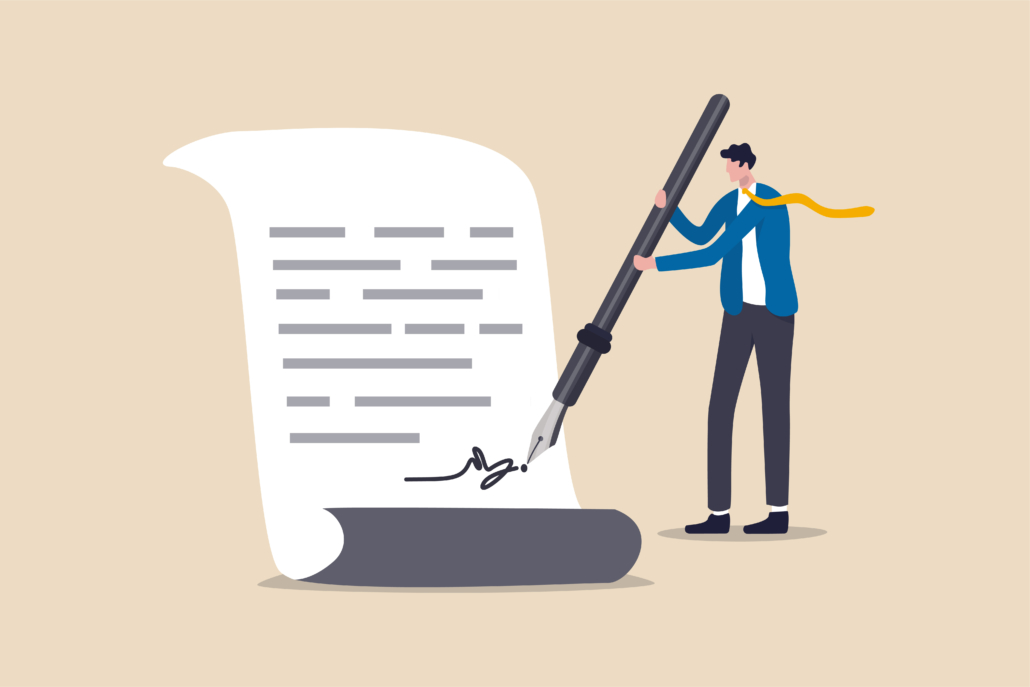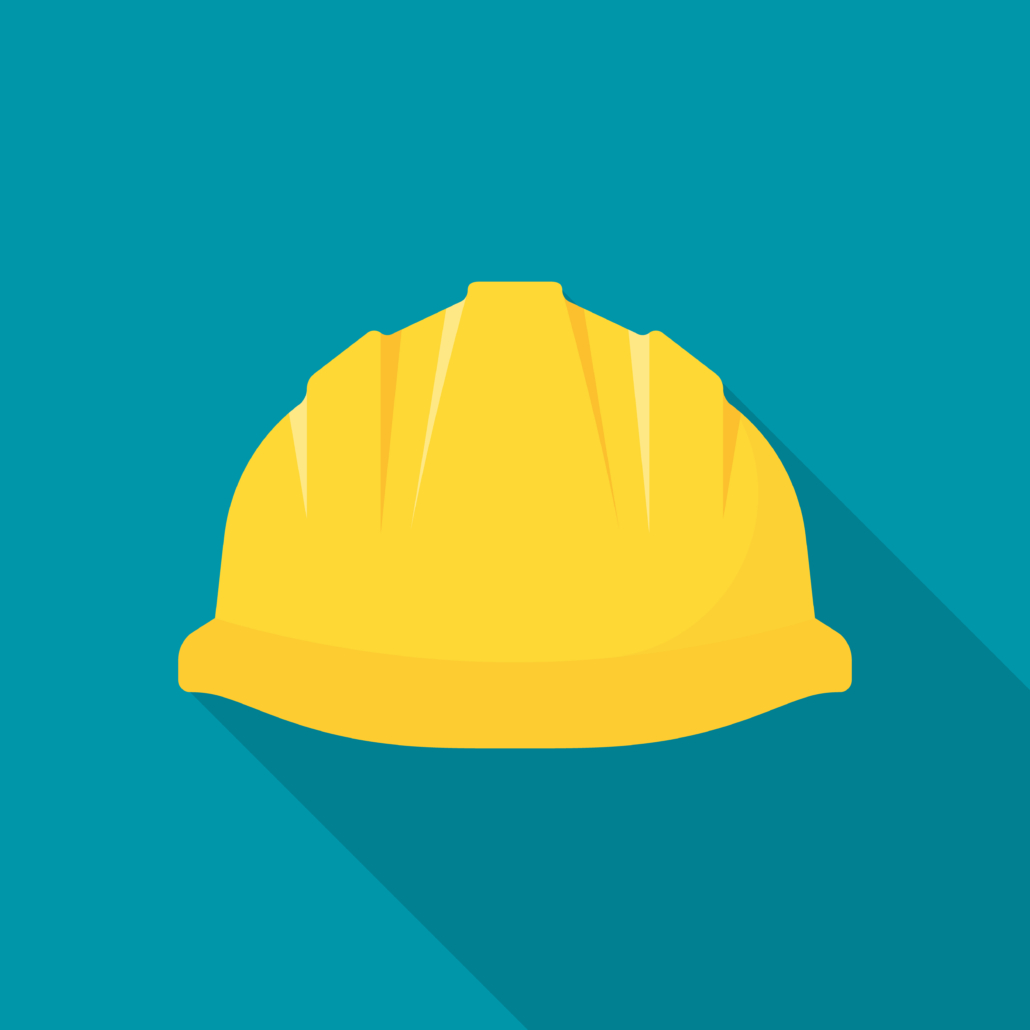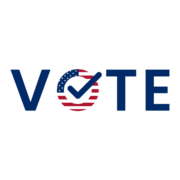Meet Your Homebuying Squad
/in Buyers, Navigating the Transaction /by Cory HallThis group of professionals will help you throughout the homebuying process. As you assemble your homebuying squad, consider working with all of these experts to make your home purchase confidently and with minimal stress.
Like an athletic team, each member of the homebuying squad plays a crucial role in helping you achieve homeownership.
MEET YOUR REALTOR®
On this team, you are the captain, and this is your head coach. Your REALTOR® not only represents you, but also advocates for you and your interests during the transaction from start to finish.

Whenever you feel lost, confused, worried, stressed or curious, this person is your go-to resource. If they don’t have the answer, they will know how to get it for you! Sit down with your REALTOR® to build a homebuying game plan. Communicate your goals and priorities and establish a communication system you both are comfortable with.
Also, your REALTOR® may have lenders, attorneys and inspectors they can refer you to, though you are not required to use the people they recommend.
Best Practice Tip: CC or keep your REALTOR® in the loop whenever you communicate with someone on your homebuying team.
MEET YOUR LENDER
Your lender is like your athletic trainer. This is the person who can help you determine your buying power based on your financial health.
Great questions to ask your lender include:
- What types of loans am I eligible for?
- How can I work on my financial health to qualify for each kind of loan?
- When should I get prequalified or preapproved? (And what’s the difference between the two!?)
- And more!
Connect with a lender as early as possible in the homebuying process. That way, there are no disappointing surprises down the road based on your financial limitations.
MEET YOUR ATTORNEY
Your attorney is like your defense. This is the person who will review all the paperwork and contracts during the transaction. They will communicate your requests and advocate for your interests with the other party’s attorney.

Your attorney will become more involved in the transaction as soon as you’re ready to make an offer on a property. Once the offer is accepted and you move through attorney review and the inspection, you and your REALTOR® will be regularly communicating with your attorney and the seller’s attorney.
On closing day, they will also sit down with you at the closing table to take you through each document.
Buyer Best Practice: Use an attorney who specializes in real estate. It can be tempting to use a friend, family member or acquaintance who is a practicing attorney in another specialty, however, real estate attorneys are well-versed in the intricacies of the real estate transaction.
MEET YOUR INSPECTOR
Your inspector is like your special teammate. They have a very specific, yet very important, purpose in the transaction: inspecting your future home for damage, financial or physical risk, or code violations.

While inspections are not mandatory, they are highly encouraged as they allow you to proceed with your home purchase as informed as possible.
Once the inspection is complete, they will send an inspection report. Don’t be afraid to ask your REALTOR® questions about the contents of it! If you have a list of requested repairs or credits, this is what you’ll communicate to your attorney.
BONUS: YOUR FAMILY & FRIENDS
We can’t leave out your fans and supporters! It’s up to you how involved you would like your friends and family to be in the homebuying process. Whether they’re actively on the homebuying squad or simply on the guestlist for your eventual housewarming party, friends and family can provide helpful perspectives or advice.
No matter what, you are not going through the homebuying process alone. You have a whole squad of experts who have your back!
Jefferson Park
/in Neighborhoods /by ChristineNeighborhood information goes here.
Norwood Park
/in Neighborhoods /by ChristineNeighborhood Information goes here.
Forest Glen
/in Neighborhoods /by ChristineNeighborhood Information goes here.
North Park
/in Neighborhoods /by ChristineNeighborhood Information goes here.
West Ridge
/in Neighborhoods /by ChristineNeighborhood Information goes here.
Rogers Park
/in Neighborhoods /by ChristineNeighborhood Information goes here.
60 Seconds Is All It Takes: Check Your Voter Registration
/in Community, Vote /by Maria DickmanIf you’re an American citizen, you have the right to vote. Voting allows you to sound off on issues of importance to you and your community by advancing public policies and candidates that build strong communities, protect property interests and promote a vibrant business environment. Register to vote in Chicago – click here or fill out the form below to check your voter registration status.
“The right to vote is the crown jewel of American liberties.” – Ronald Reagan, 40th President of the United States
Other ways to get involved:
Learn the issues. Read up on political stances (both local and national) and figure out where you stand.
Use your platforms. Voice your opinions through avenues like social media or op-eds in your local newsletter.
Volunteer. Participate in phone banks, conduct door-to-door canvassing, write postcards or volunteer at campaign headquarters. Your work can help get candidates you believe in elected.
No matter your political party or beliefs, it’s important to exercise your right to vote – and that starts at the polls. Check your voter registration status today & register to vote in Chicago!
A Beginner’s Guide to Understanding HOA Fees in Chicago
/in Buyers /by Cory HallIf you’re buying a condo or townhouse with commonly shared areas or amenities, the property is likely run by a homeowner’s association (HOA). The fees you pay to the association, otherwise known as HOA fees, go towards the ongoing and future maintenance of these amenities and spaces.
Why Do HOA Fees Vary So Much?
The fees can be collected monthly or yearly, and the amount is influenced by a number of factors:
- The size of the condominium
- The age of the building
- Included utilities
- The amenities or services provided
- How much is being set aside in reserves
- The size/square footage of the individual unit or property
Unlike co-ops or townhomes, everyone who owns a unit in the condo building chips in money to take care of the communal spaces. In Chicago, historical buildings and buildings with high-cost features like elevators and pools are more likely to have higher fees.
BUYER FAQ: What is a co-op?
Unlike a condo, you aren’t buying an individual unit. Instead, you buy shares in a corporation that owns the entire building and get a stake-hold to a specific unit. Services will still be bundled into singular community payments like HOA fees. LEARN MORE
BUYER FAQ: Where can you find the breakdown of HOA fees?
Ask your REALTOR®! They can provide the full list of included services from the listing.
What’s The Word On Reserves?
An HOA payment is divided into two major areas: routine maintenance costs and savings for the association’s reserves. These reserves are applied towards “capital expenses” which are typically large-scale or emergency in nature. For example, repairing or replacing the roof is a common reason to dip into reserves.
The reserves are intended to help cover the remaining costs the building insurance doesn’t cover. If the reserves aren’t enough, then a special assessment may be implemented. Even though your HOA fees will include building insurance, it’s highly recommended, and often required, that you get homeowners insurance for your individual unit and personal property.
Luckily, large expenditures like replacing the furnace or the roof are spaced out over many years. When it’s time to use the reserves or mandate a special monetary assessment, the homeowners association will vote on what to do.
Who Runs The Homeowners Association?
The homeowners! Typically, the association board members are elected from within the residents by all the residents in the building. During the regular HOA meetings, homeowners can discuss big projects or issues. When major decisions need to be made — like dipping into the reserves — all homeowners vote on it.
The board follows and implements official rules, bylaws and processes. These are sometimes called covenants or CC&Rs (Covenants, Conditions & Restrictions). CC&Rs determine what kinds of changes can be made to the exterior of your home, determine if you can own pets (and, if so, what kind), state what qualifies as a quorum on major projects in need of a vote and so on.
Buyer FAQ: What is the City of Chicago Condo Ordinance?
Chapter 13-72 of the Municipal Code of Chicago is the City of Chicago’s Condominium Ordinance. This is an official government document that protects the rights of the tenants in condo buildings. You should get a copy from your REALTOR®.
Buyer FAQ: When will you receive a copy of the bylaws or CC&R to review?
The condo association’s documents will be shared with you when you enter the attorney review period. Ask your REALTOR® to provide a complete journey of the transaction!
So, Are HOAs and HOA Fees For Me?
In Chicago, HOAs are a common entity. Explore different neighborhoods and building types if you’re interested in a condo but would like to target a specific price point in monthly HOA fees.
Here are some helpful considerations you should make as a prospective buyer so you can evaluate if a building with an HOA is the right fit for your living style:
- How do you prefer to pay for maintenance for your home – are you comfortable with making a monthly deposit for a future expense or with paying out of pocket when the emergency or need arises?
- How does something like a monthly HOA fee factor on top of your estimated monthly mortgage payment?
- What sorts of utilities are you comfortable being bundled into these fees?
- How important are lifestyle amenities like gyms, pools and common kitchens?
- How much freedom or autonomy do you want to make changes to your home?
- Do you have a preference between owner-occupied or investor-owned buildings?
- Do you plan on turning your home into a future investment property?
When in doubt, ask your REALTOR® about HOA fees during the homebuying process.





